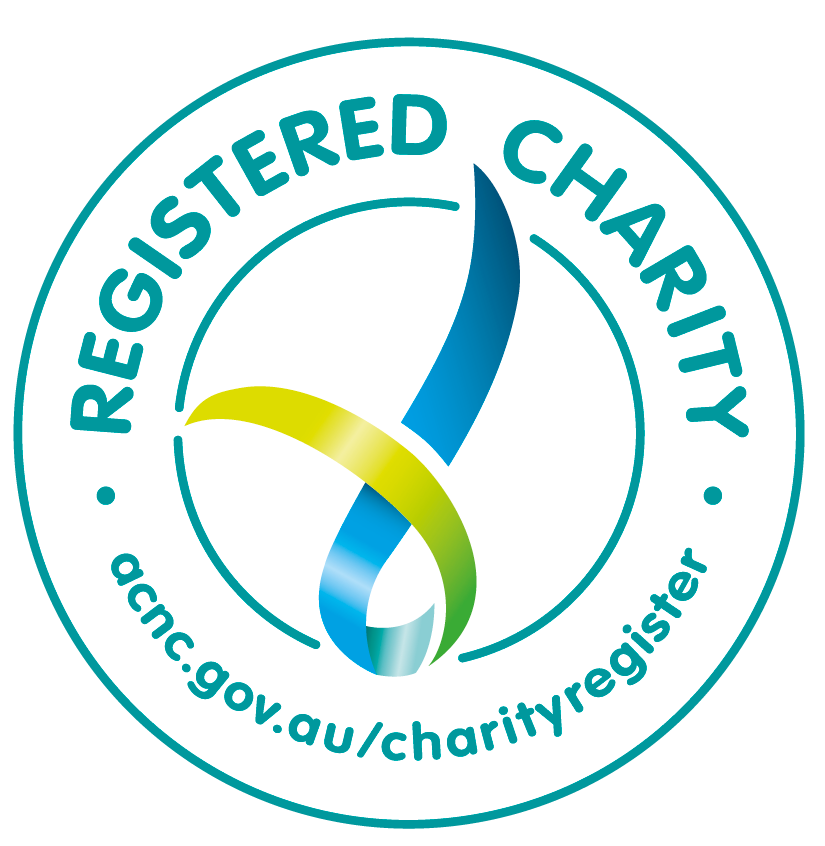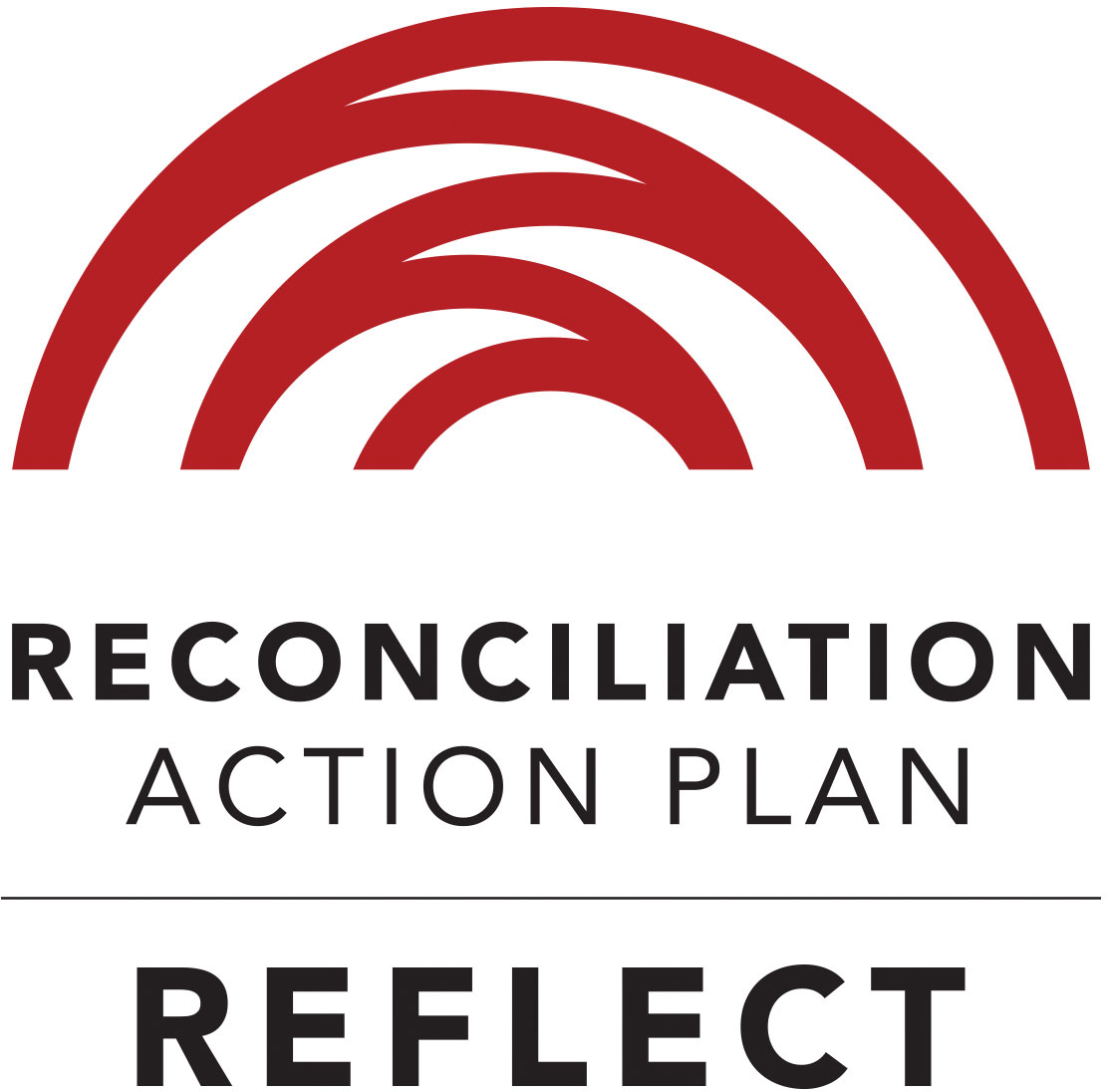More pages in this section
National Carers Week - millions of reasons to care
National Carers Week - ‘Millions of reasons to care’
It’s National Carers Week, a time to recognise, celebrate, and raise awareness for Australia's 2.65 million carers. The theme for this year's National Carers Week is "Millions of reasons to care," which aims to widen our awareness of the many people who care for their loved ones.
What is a carer?
According to the Australian Government Carer Recognition Act 2010, a carer is someone who provides care and support to a relative or friend who has a disability, a medical condition (terminal or chronic), a mental illness, or is frail because they are elderly.
Approximately 1 in 11 people in Australia are carers, representing a diverse range of cultures, ages, experiences, and responsibilities. Carers often balance their caring responsibilities with other responsibilities such as work, study, family, and their own physical and mental health.
The cost of caring
The true value of caring for vulnerable members of our community is immeasurable. However, the financial cost can be measured and determined in two groups: paid/ formal care and informal/unpaid care.
Paid care work is delivered by professionals who provide services to people that help them develop their capabilities, such as childcare educators, teachers at all levels (preschool to university professors), and all types of healthcare workers (such as nurses, doctors, and therapists).
Unpaid care, also known as informal care, is care provided to those who need it within the context of an existing relationship, such as a family member, friend, or neighbour. The demands of the role often go beyond what would normally be expected of these relationships, for example, helping someone with showering, eating, or shopping; providing in-home supervision; providing transport for moving about in the community; or carrying out medical or therapeutic care.
The contribution of Australia's informal carers to the economy and society is substantial. The monetary value of unpaid care work in Australia has been estimated to be $650.1 billion.
Unfortunately, there can also be significant socioeconomic costs felt by carers and their families, including lost earnings for time out of paid employment to be a carer. It is estimated that in 2020, the lost earnings of unpaid carers were $15.3 billion.
In addition to the monetary value, unpaid care work can also be directly related to the quality of employment, increasing the likelihood of working part-time or in other forms of vulnerable paid employment, such as casual and contract work. As an increasing number of Australians need care and support, more people will be balancing the demands of work and informal care. In 2021, an estimated 1.4 million Australians (12 per cent of employed people) were providing informal care while also working.
Unpaid care work is essential to the social and economic wellbeing of individuals, families, and societies.
Why do people become carers?
People become carers for a variety of reasons. For some, it comes from empathy and a desire to make a positive impact in the life of a loved one during their most vulnerable time. Caring can also create a sense of purpose. Others may have personal experiences with loved ones in need, which fuels their passion to provide care and support.
There are also many benefits to being cared for by a family member or friend. For example, it can be more comfortable and familiar for the person receiving care, and it can reduce the demand on existing formal care services. Unpaid care can also complement existing formal care and support services, and many people receive assistance from both types.
Some examples of unpaid care benefits for the recipient include:
- Improved quality of life: unpaid carers can provide more personalised care that can lead to a higher quality of life for the care recipient.
- Reduced social isolation: unpaid carers can provide companionship and social support to the person they are caring for. This can help to reduce social isolation and improve mental well-being.
- Increased independence: unpaid carers can help the person they are caring for to maintain their independence and live in their own home. This can give the person a greater sense of control over their own life.
- Reduced stress on formal care services: unpaid care can help to reduce the demand on formal care services, that can have a benefit on the economy and free up the services for those who need them most.
Caring for carers
Caring for a loved one is a role that demands patience, compassion, and resilience. There is help and support available to care for carers.
The Carer Gateway program is the Government's national carer support service for all carers, providing early intervention and preventative support to help them in their caring role and participate socially and economically in the community.
selectability is a consortium partner as part of the Carer Gateway, delivering free services across regional Queensland, including:
- Counselling: a counsellor can talk with you either in person or over the phone if you are feeling stressed, anxious, sad or frustrated.
- In-person and online peer support: Connect with like-minded people who care for someone to share experiences, knowledge, and lean on for support.
- In-person coaching: talk to a professional coach to identify and plan to reach personal goals, as well as an opportunity to reflect on your experience and needs.
- Respite care: emergency respite services can help you if you get sick or hurt and cannot carry out your carer responsibilities. Planned respite care can also assist so you can rest and recharge.
To learn more about Carer Gateway services supported by selectability, please visit our website
The importance of carers in our community cannot be overstated. They provide essential support, compassion, and care to those in need. Carers not only enhance the quality of life for their recipients but also ease the burden on healthcare systems and social services. Their dedication plays a vital role in keeping loved ones engaged in our communities. As the population ages and health issues persist, the demand for carers will continue to grow.
Recognising the value that carers play in our communities is important not only to the care recipients, but also the carers themselves. This National Carers Eeek get involved by attending or hosting a National Carers Week event, or show your support by promoting the week on social media or visiting the resource page on the National Carers Week website - https://carersweek.com.au/
USEFUL LINKS

selectability acknowledges the Traditional Owners of the land on which we provide services and pay our respects to Elders past, present and emerging. We acknowledge those with lived experience and those who support and partner with us to improve mental wellbeing and prevent suicide across regional Queensland.

